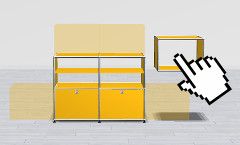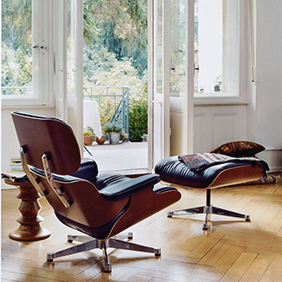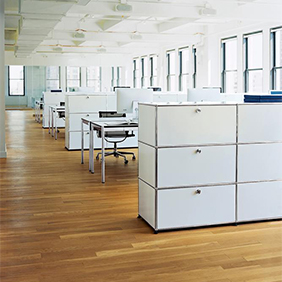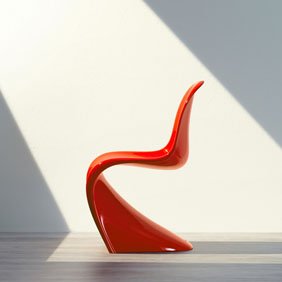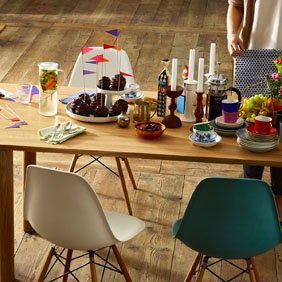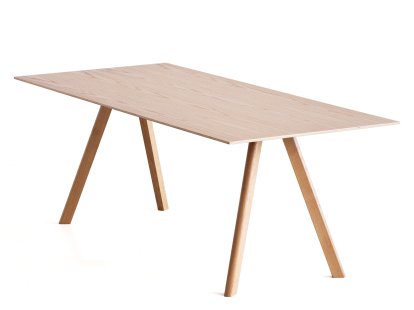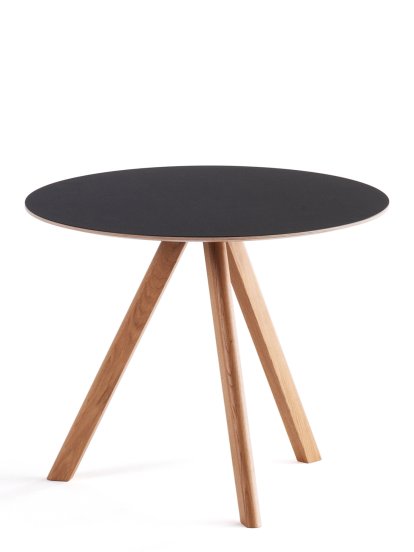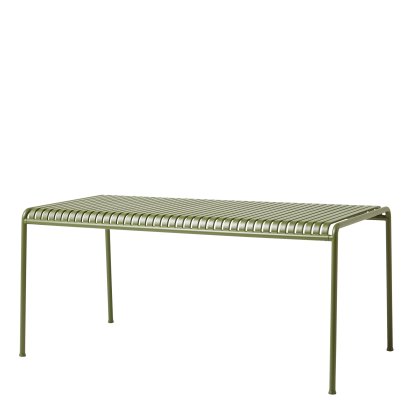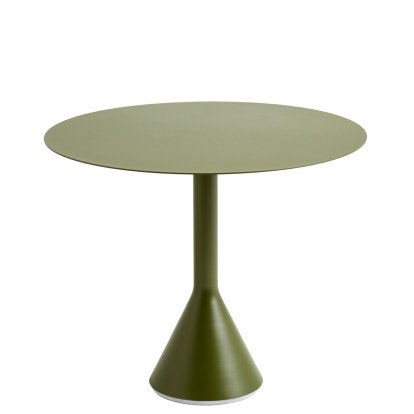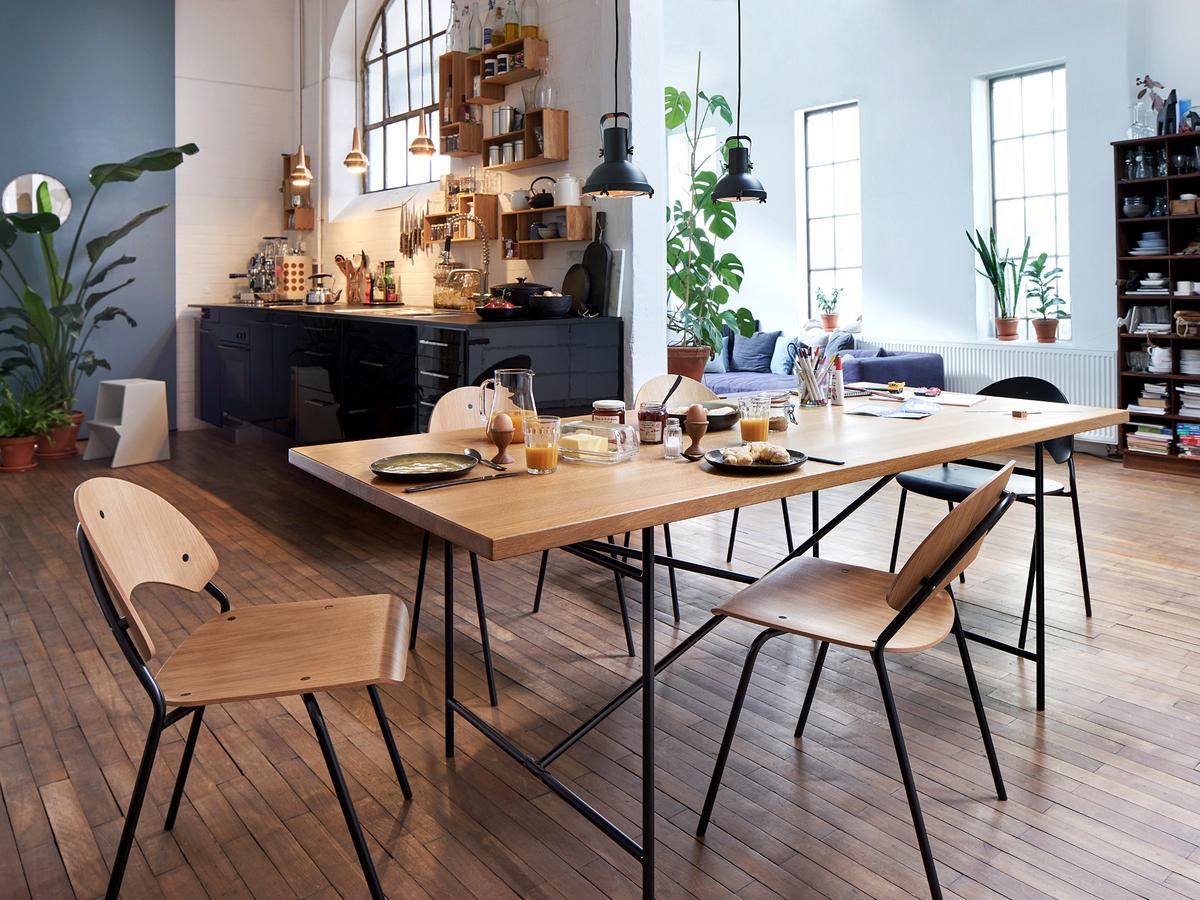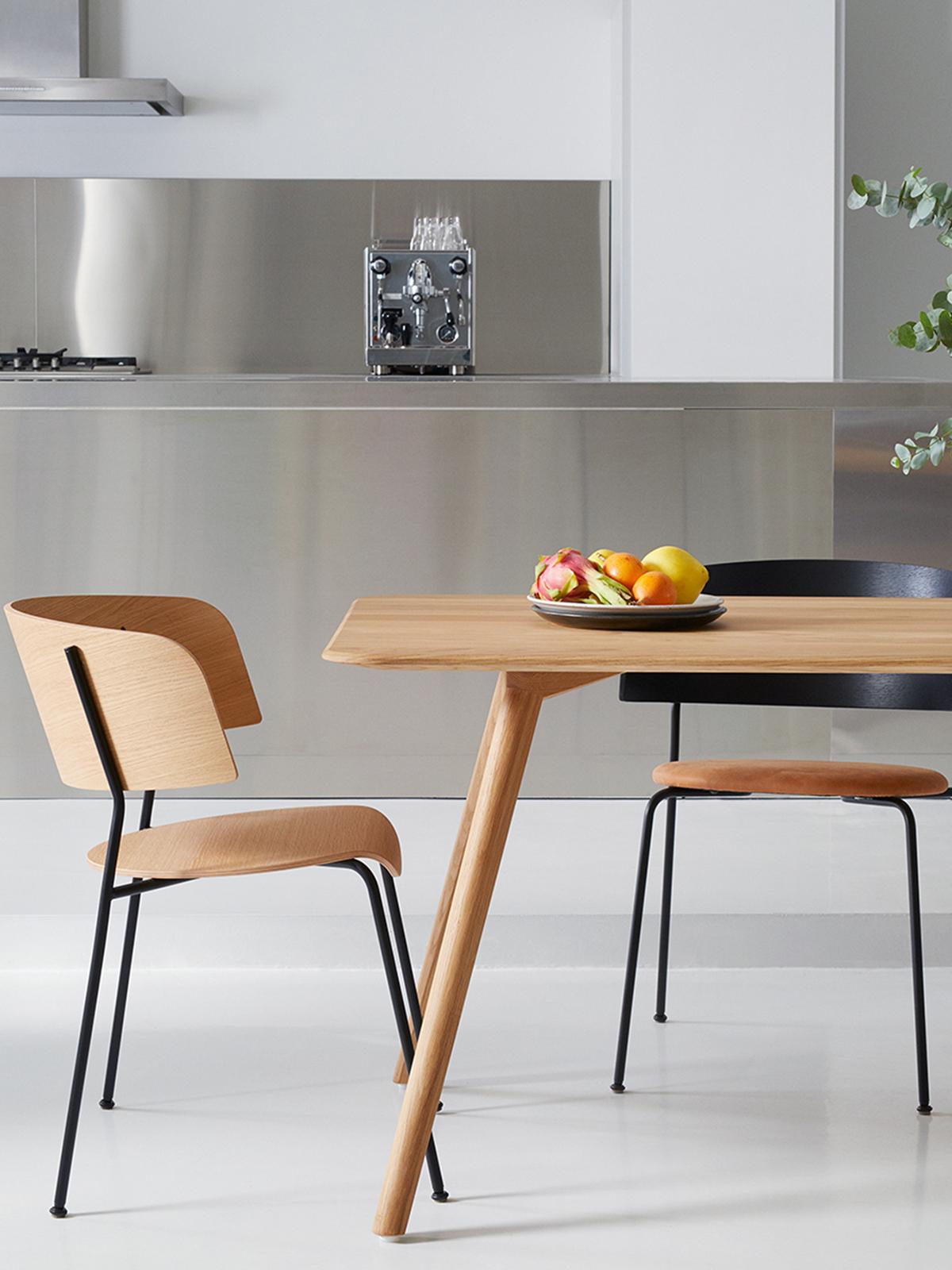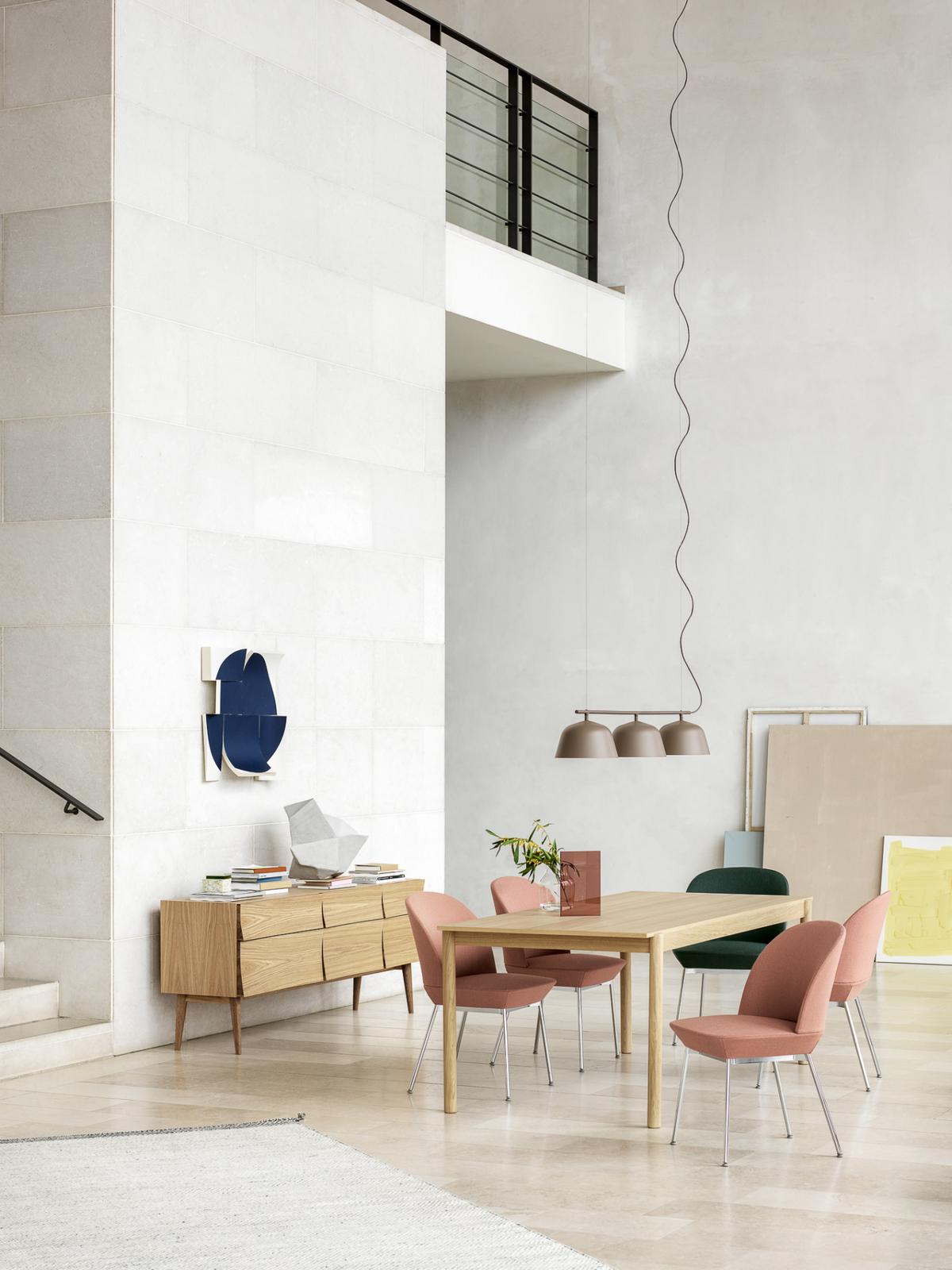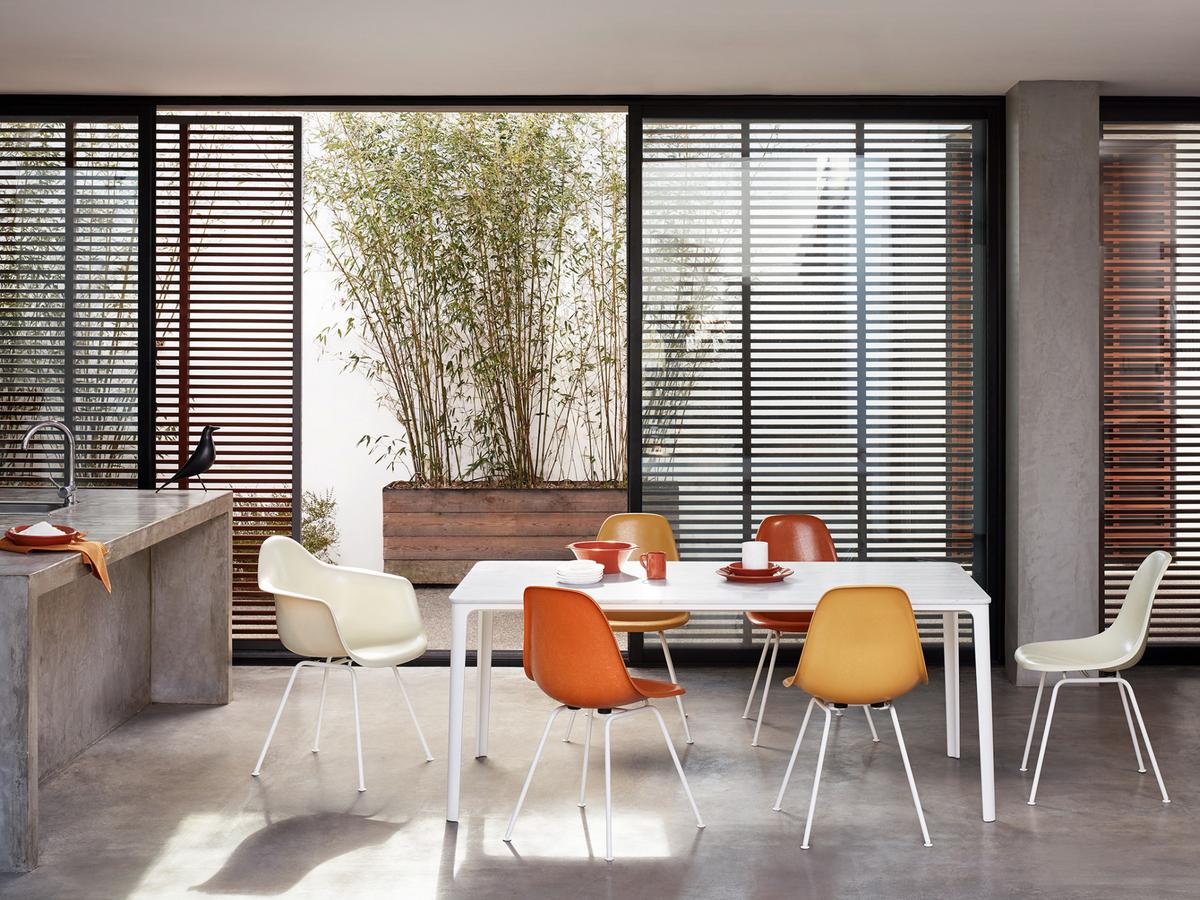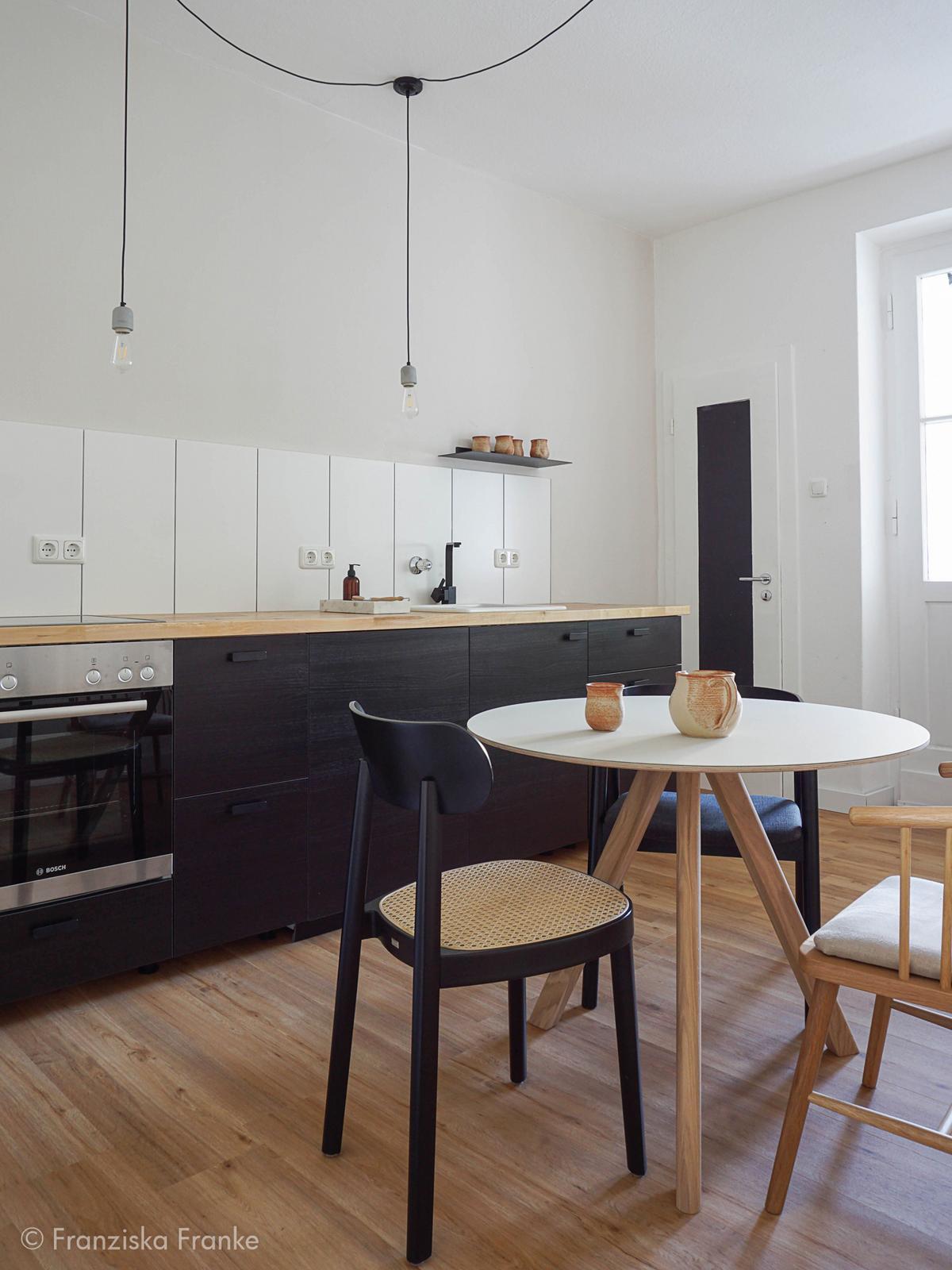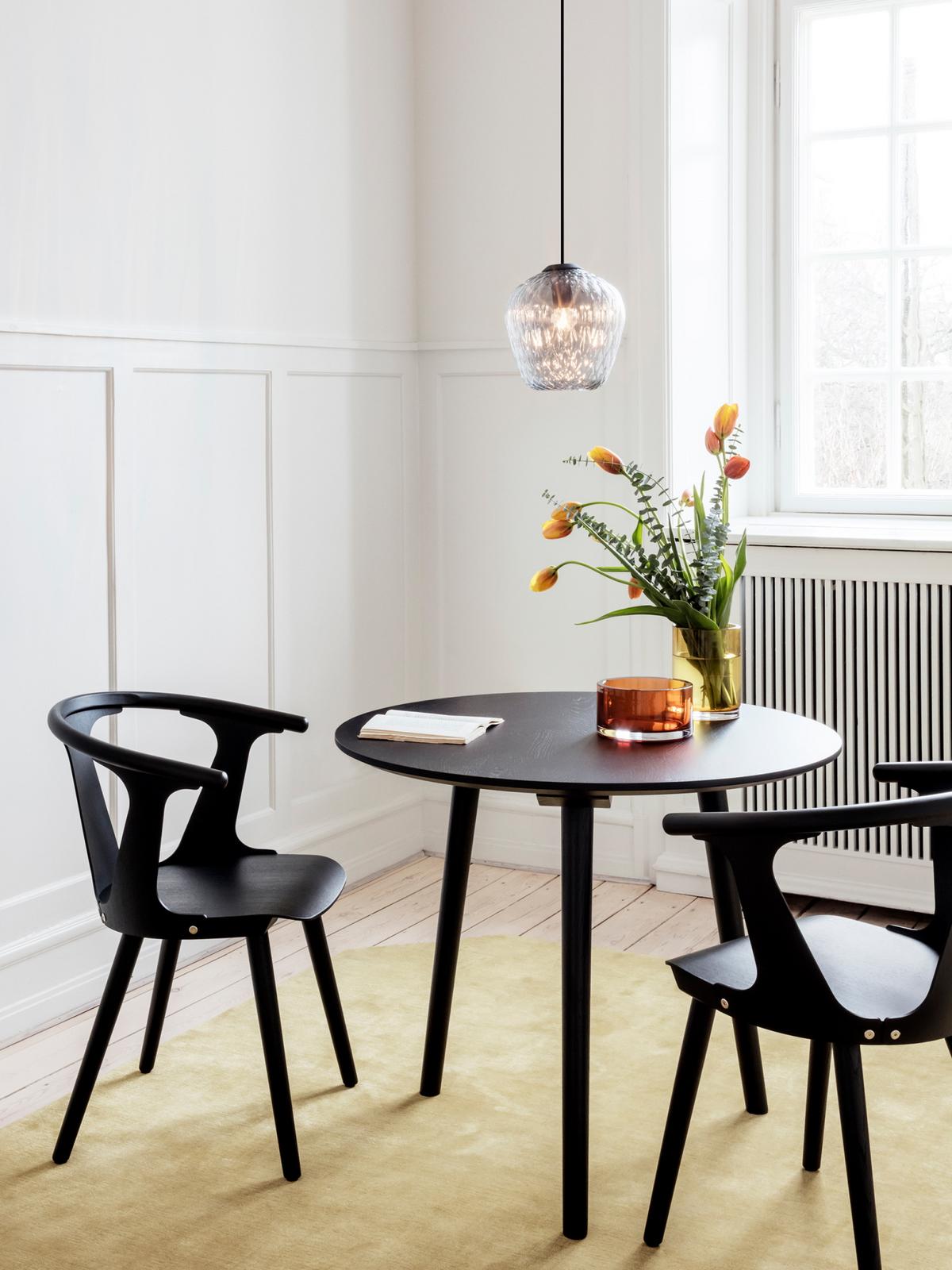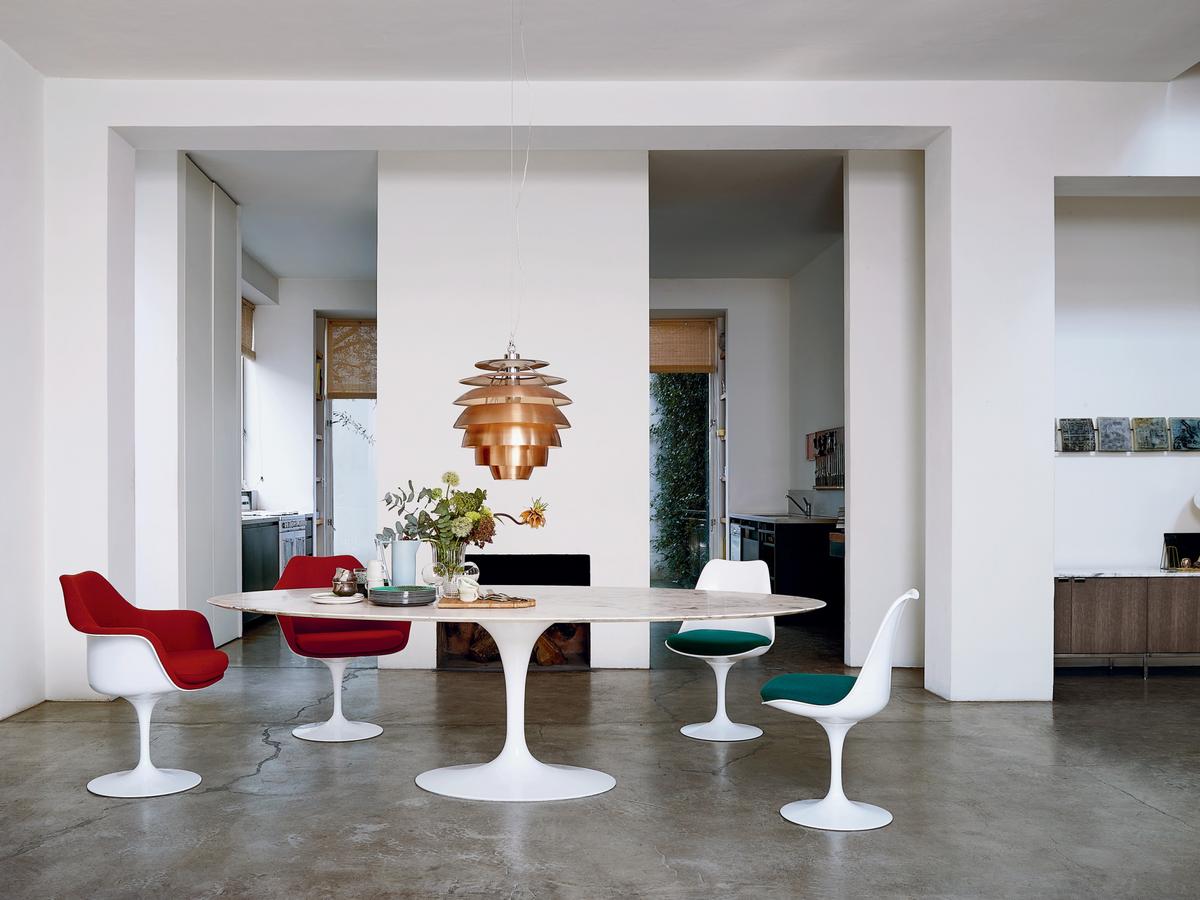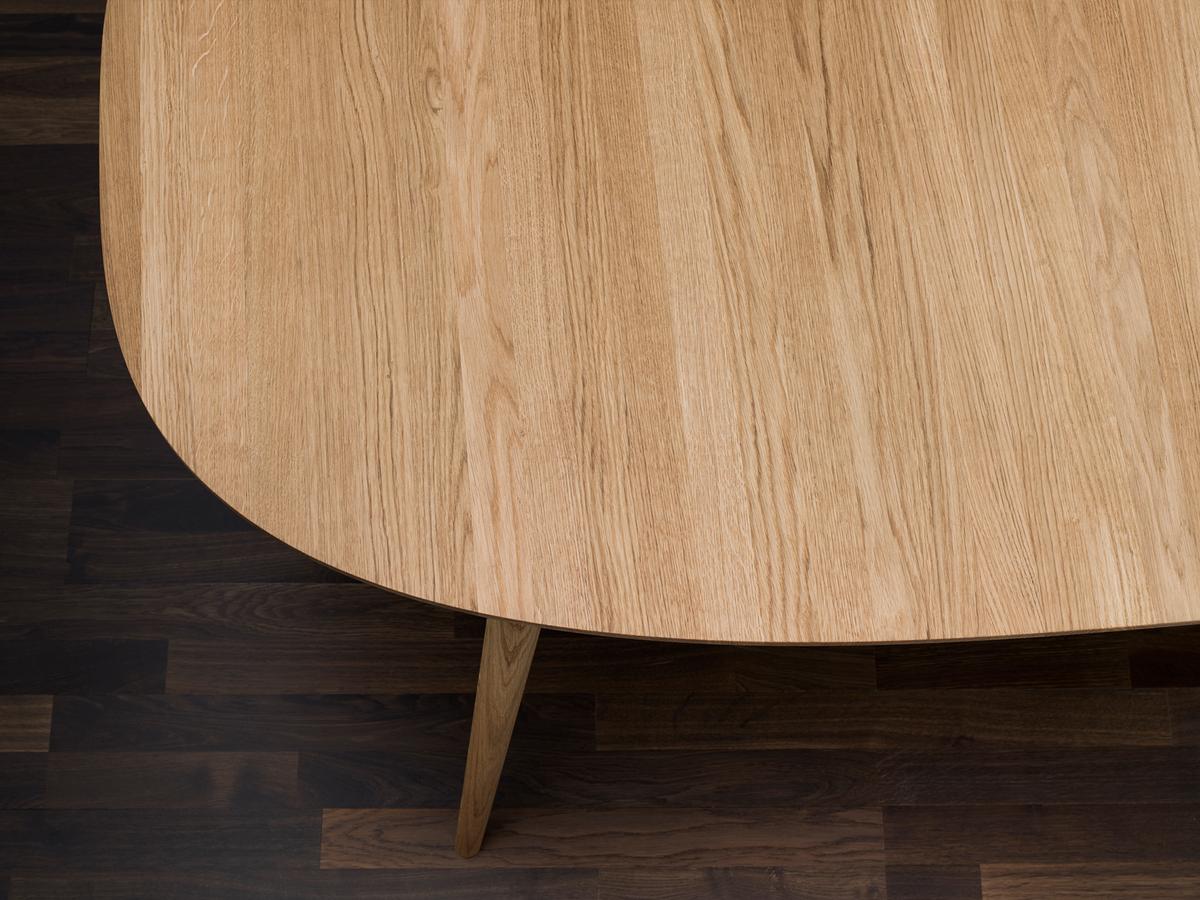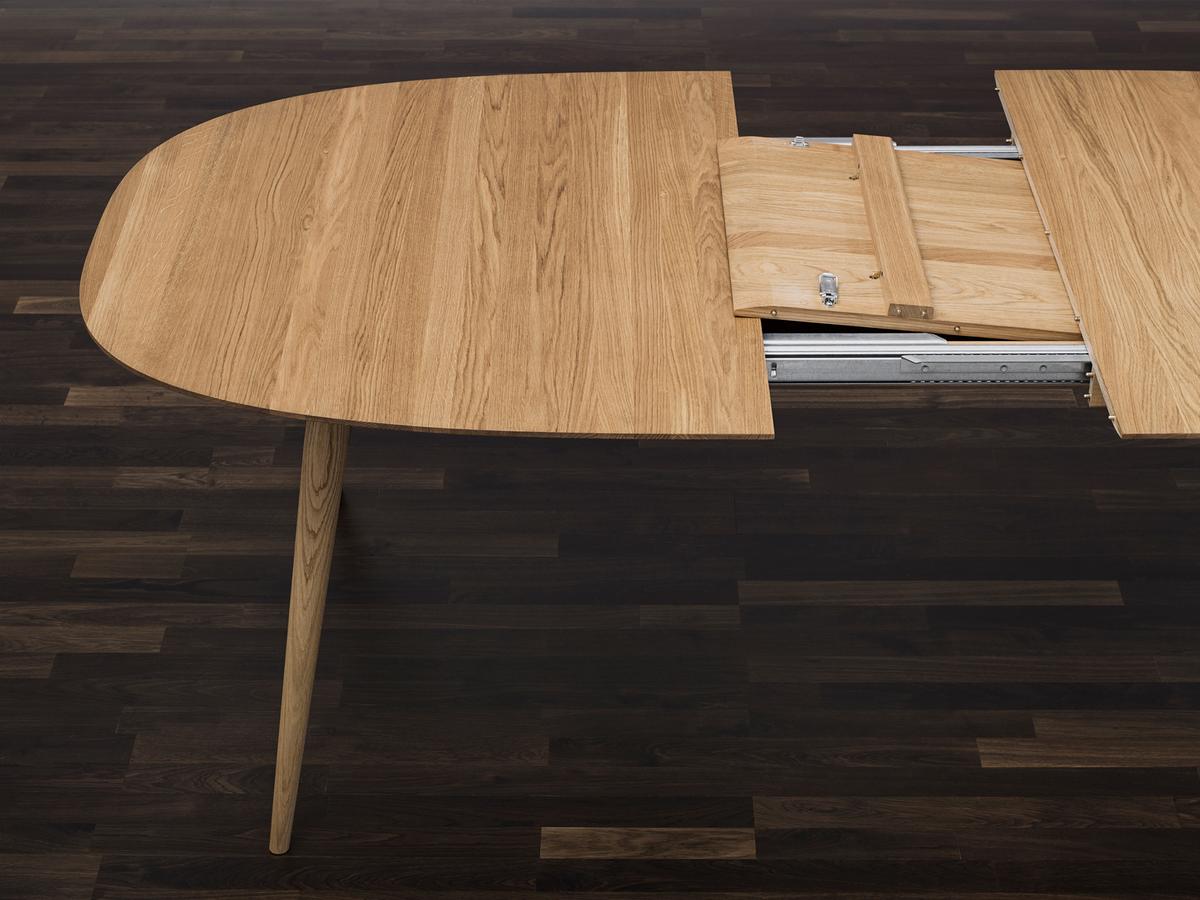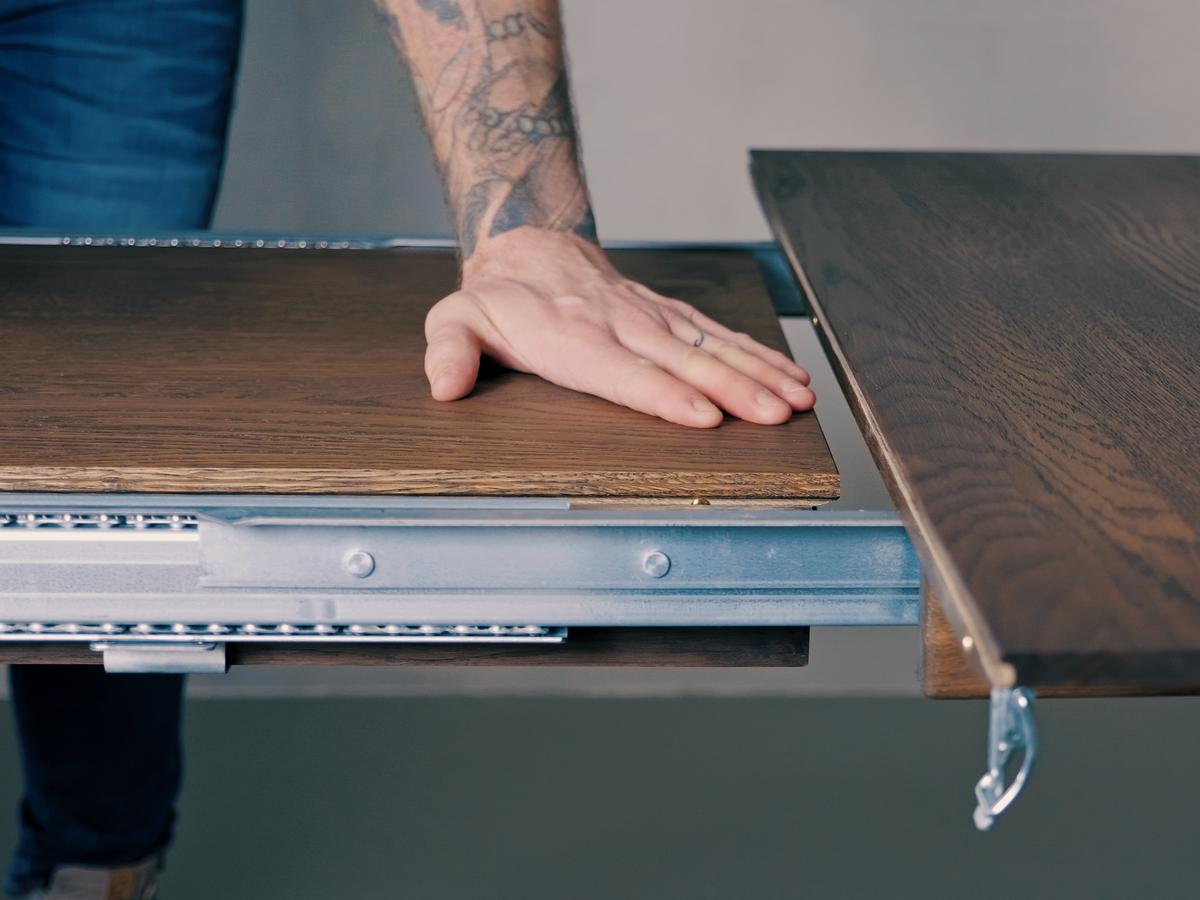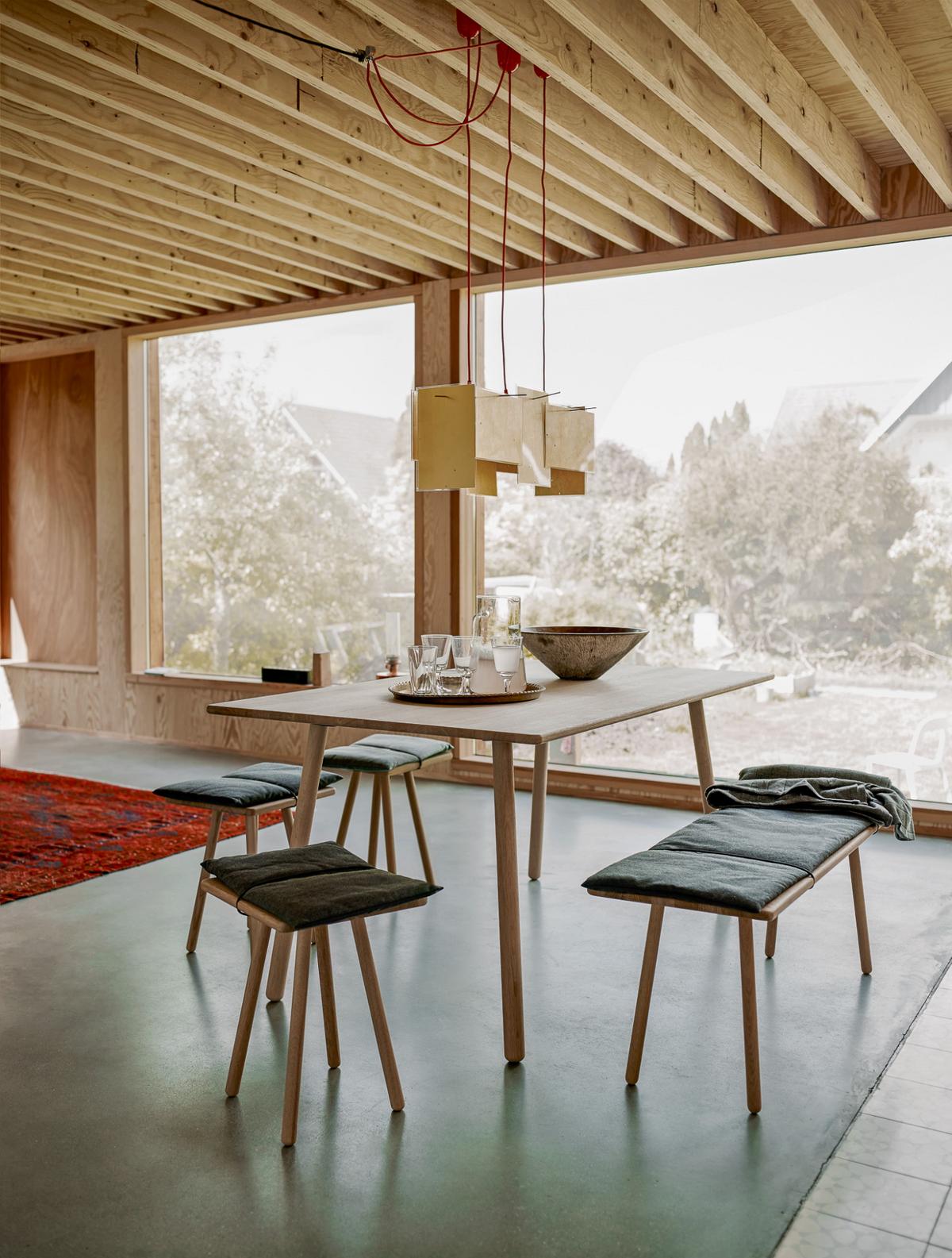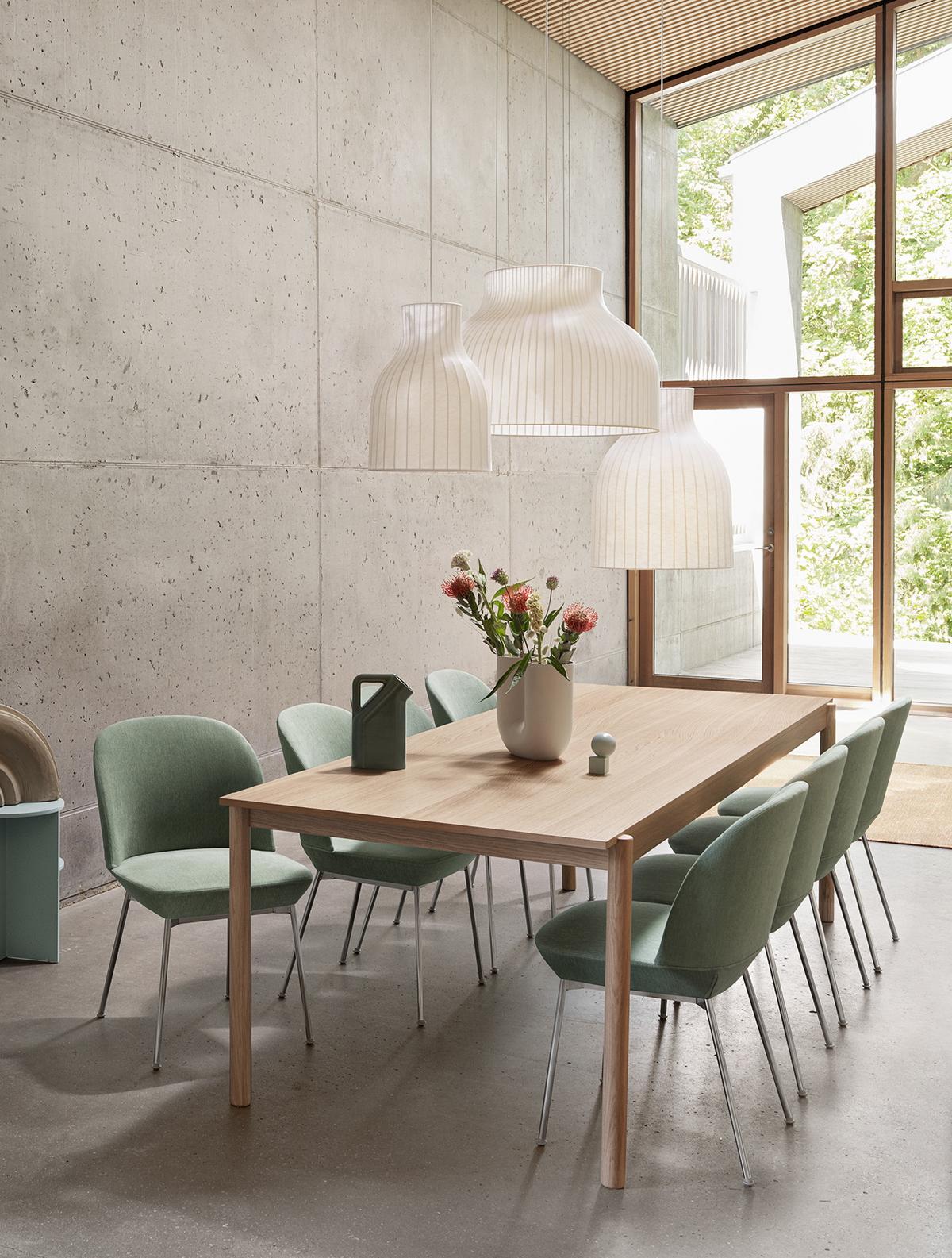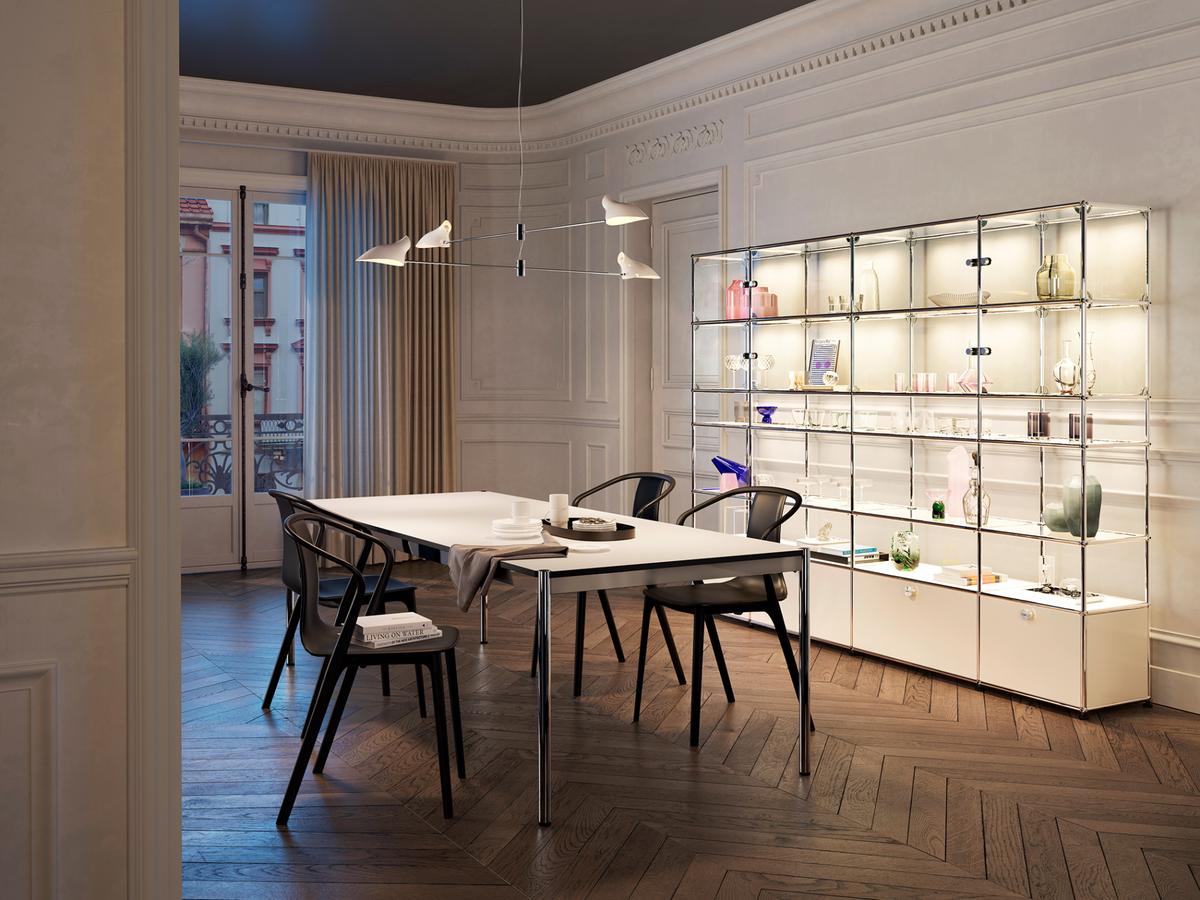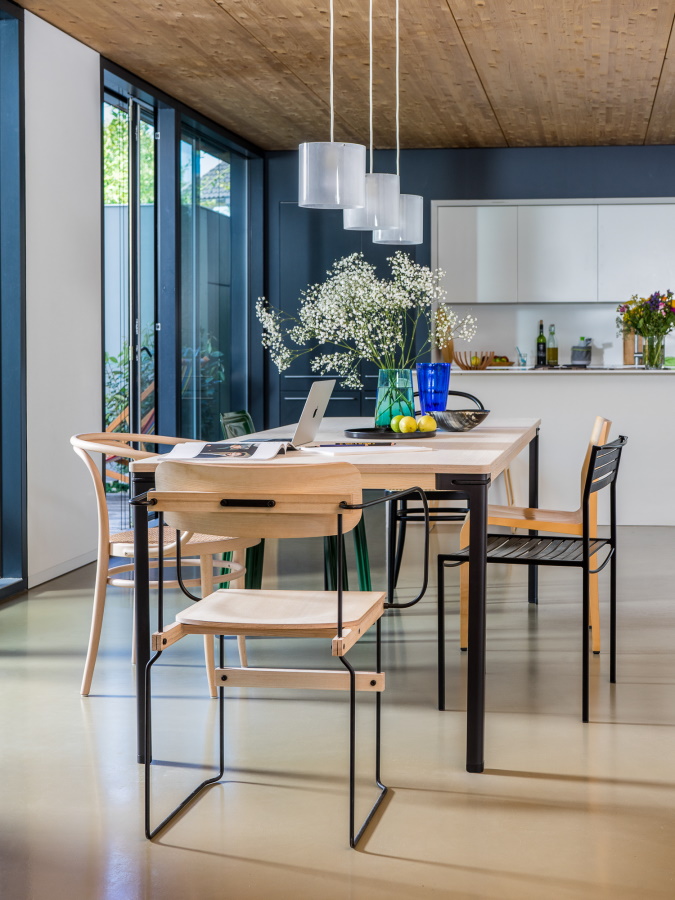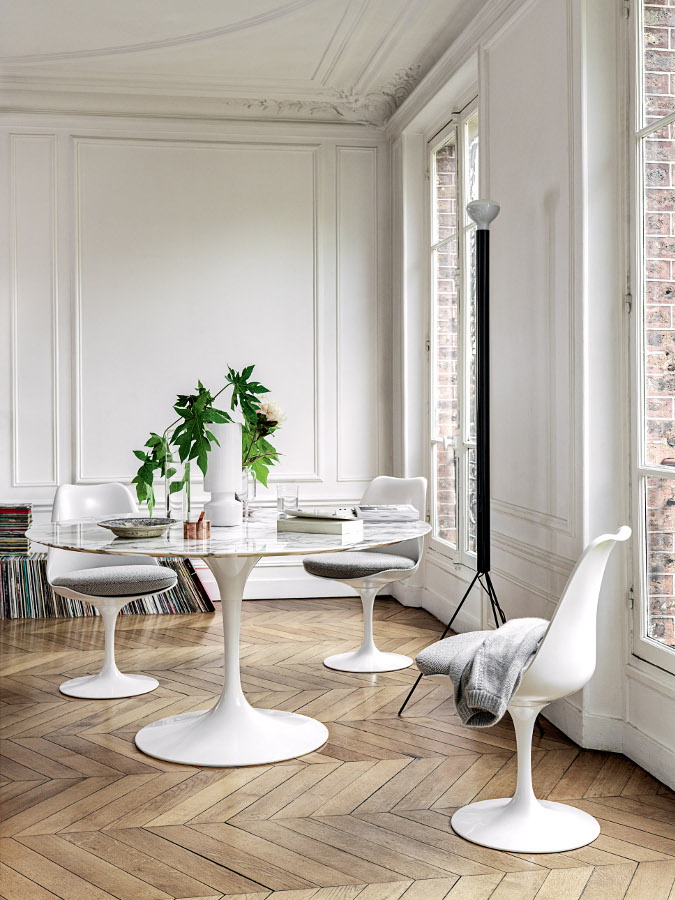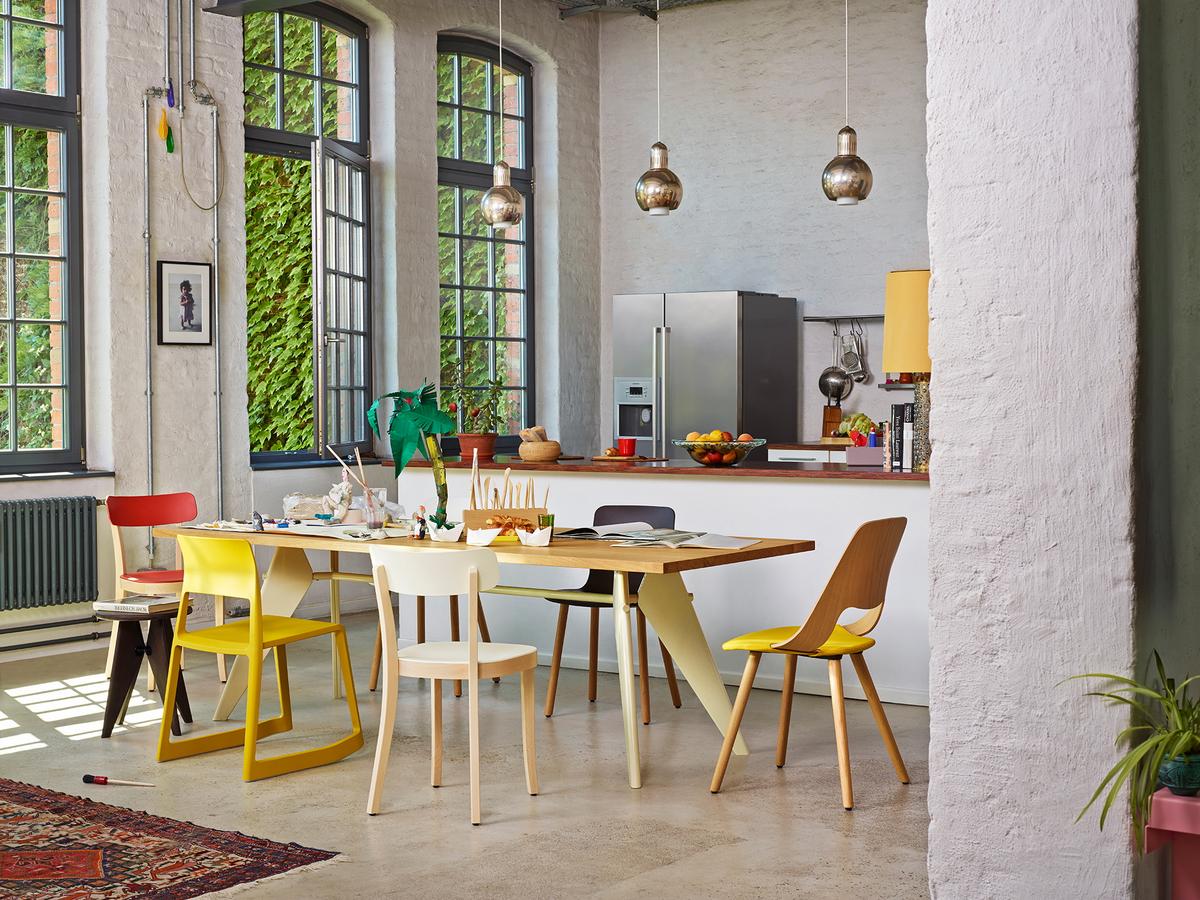Dining Tables
The concise guide to dining tables
The dining table, as with the sofa or the bed, is one of the central features in every home. Here, people not only eat, plan and laugh together, the dining table also serves as a home office, for doing homework and doing handicrafts and is festively set up on public holidays. With such a substantial purchase, there are a few important things to consider. But how do I decide on the ideal dining table for my needs? To assist you in that decision making process we have compiled the most important considerations and tips in a concise guide.
Round, oval, quadratic – which shape for your dining table?
The table shape you choose depends, ultimately, on your personal taste. However, you should consider a few essential functional aspects in your decision. How much space do you have in your dining room or your kitchen? Since rectangular tables can also be placed against the wall, they are easy to place without taking up too much space. In contrast round and oval dining tables are particularly elegant when placed centrally in large rooms. The advantage of a round table is that everyone can communicate with each other on an equal footing, which increases the sense of community. It is not without reason that negotiations in politics and on executive boards are usually held at round or oval tables. It should be noted, however, that above a certain size, the distances between people sitting across from each other become too large to understand each other without any problems. Square tables are also very popular, but they should be placed in such a way that they do not look too bulky.
How big should a dining table be – the most important tips and answers
The optimal size of any dining table is defined by criteria such as the number of seats, the distribution of seats and the size of the room. Among the more important questions to ask in context of your new dining table.
1. How many people should the dining table seat?
A crucial question when buying a dining table is how many people should be seated at it. Do you need a dining table for the whole family or do you like to invite guests to dinner? It is therefore advisable to first determine the maximum number of people you want to place at the dining table and then measure the space in the dining room or kitchen.
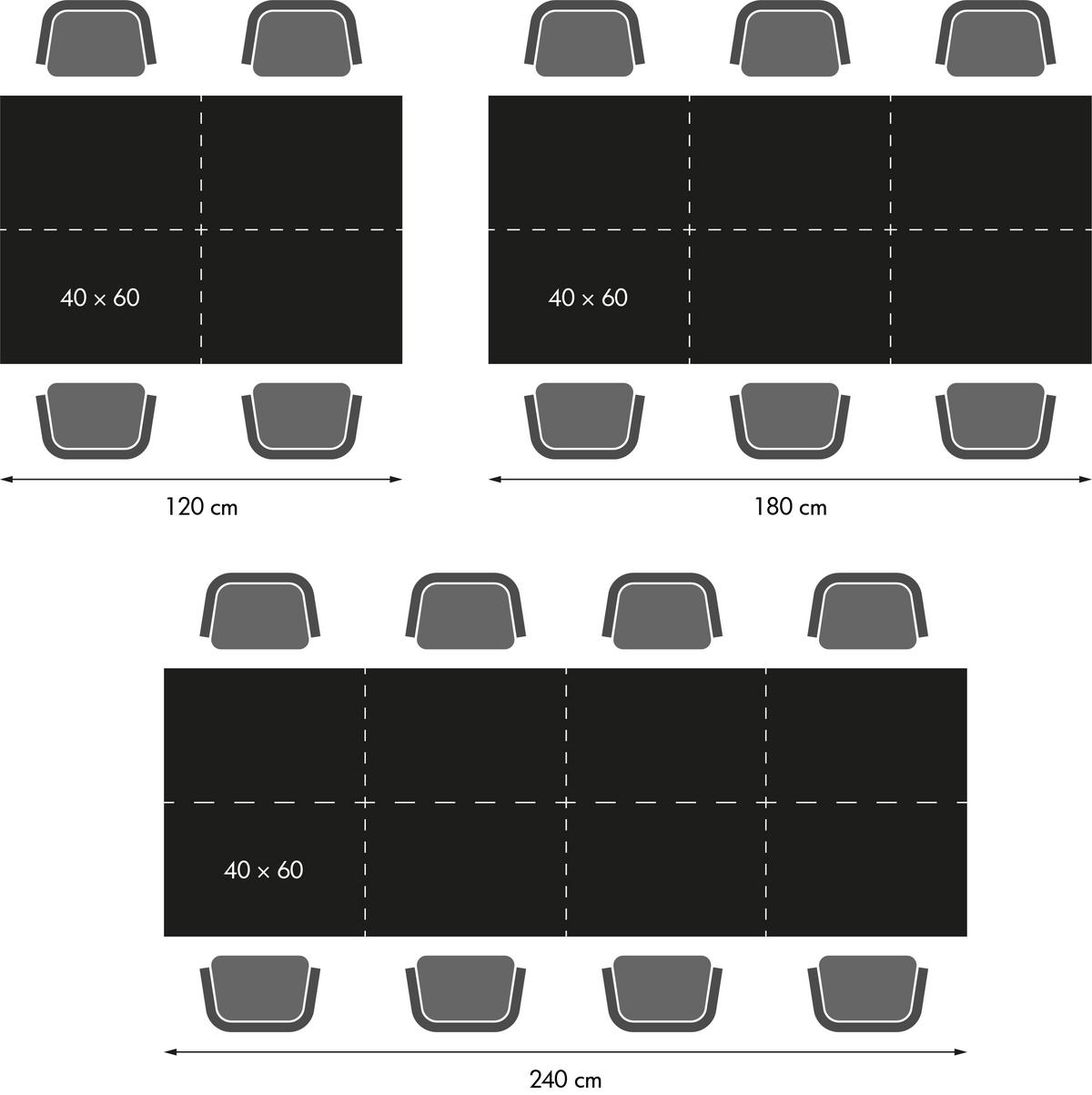
The optimal table size depends on the number of people to be seated
2. How much space per person should you plan at the dining table?
As a rule of thumb, you should calculate an area 60 cm wide and 40 cm deep per person at a dining table, this allows all to sit comfortably at a sufficient distance and with enough space for a complete place setting with plates and glasses. Should there be a few more guests, 50 cm per person is sufficient. Ideally, add another 20 cm in the middle for serving dishes, flowers or decorations. At a dining table with a width of 100 cm there is enough space for two people sitting opposite each other with all their accessories. The dining table width of 120 cm or more is particularly generous. A table with a length of 120 cm has enough space for four people, with a table length of 180 cm there is space for eight people including the front sides. Even with round tables you should calculate 60 cm width per seat. The only extra consideration with round tables is that there is less space available per person towards the centre of the table, because the area is of course triangular, like a piece of cake.
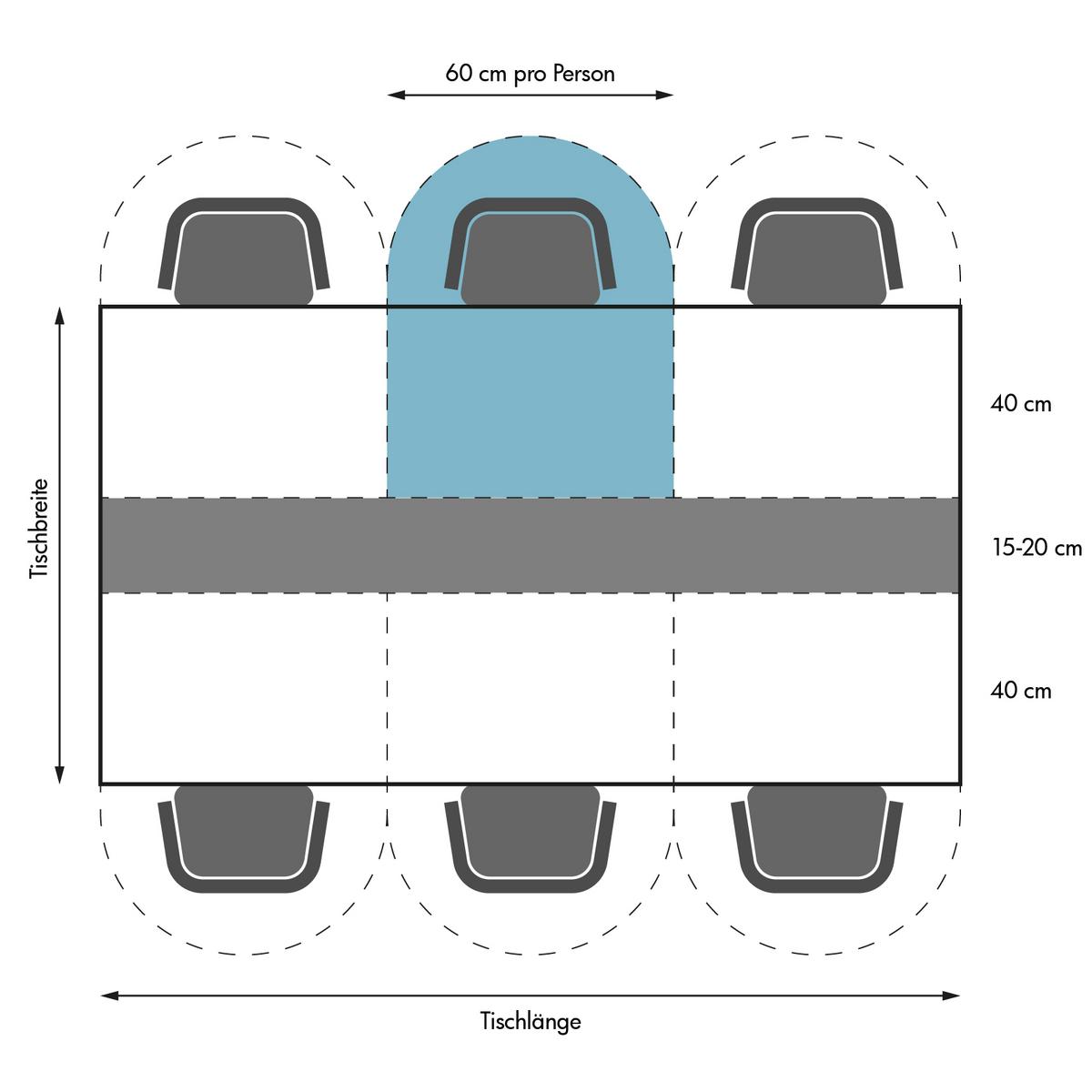
Optimal seating distribution at a rectangular dining table
3. How many people fit comfortably at a round dining table?
To find out how many people can fit around a round dining table, there is a simple solution: mathematics! Take the diameter, for example 100 cm, multiply this value by pi and divide the result by 60 (60 cm being the necessary width per person). In this case you will get a result just over 5, which means that there is room for 5 people at your table.
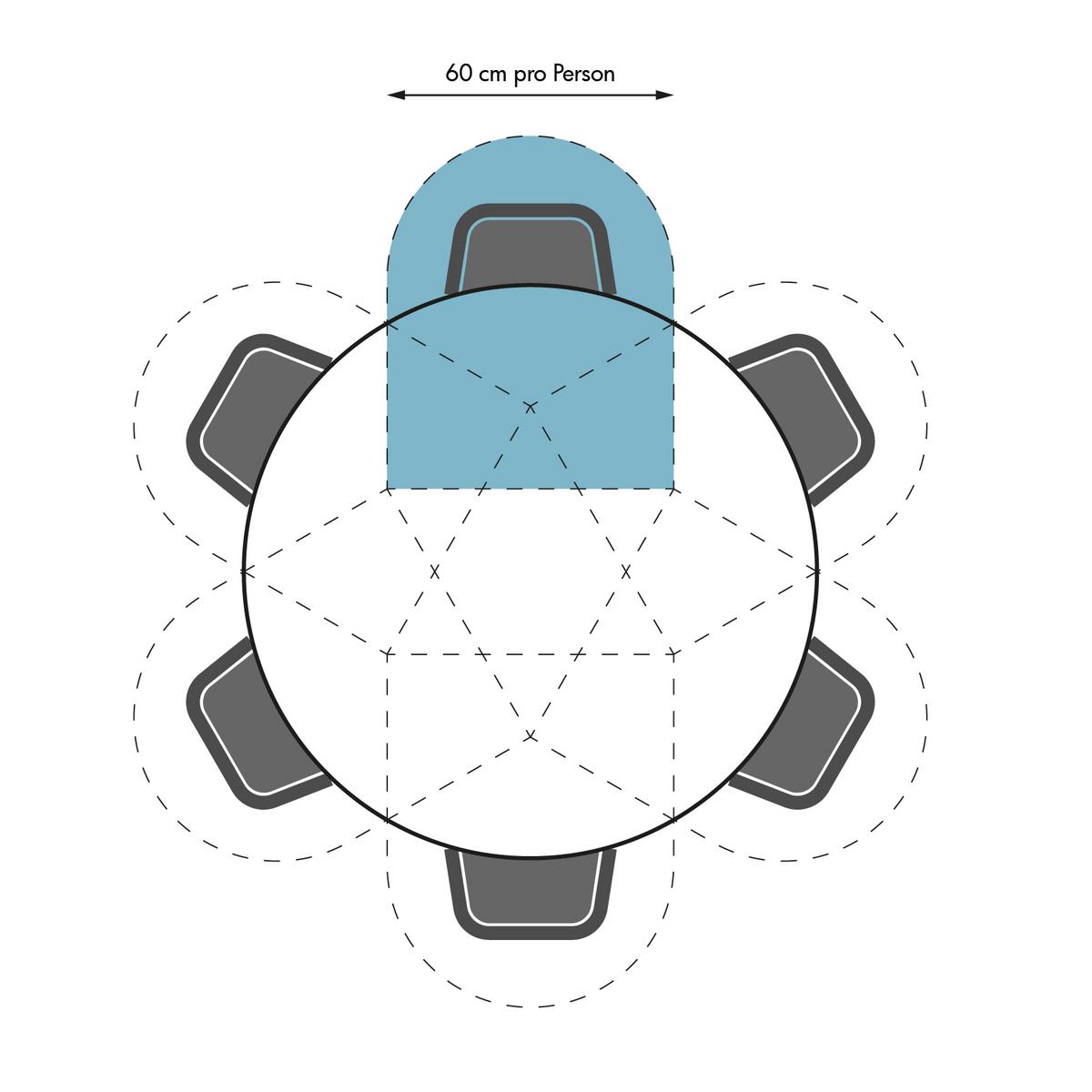
How many people fit at a round dining table?

The optimal table sizes for 4-10 people
4. How much space does a dining table need in the room?
The overall width of your dining table, including the chairs, is the decisive factor. You should add 50 cm to the table width per chair and allow for at least 30 cm of passage so that you can get up and leave the table without disturbing the other people sitting.
5. Extendable dining tables for more flexibility
As the number of people seated varies depending on the situation, many people like to use extendable dining tables or dining tables with extension leaves. With an additional table length of 60 cm, two extra people easily have more space. Ideally, a table can be easily pulled out with one hand. For the mechanics, parts made of metal, such as aluminium are much preferential to plastic components.
What is the best way to arrange the chairs and what should be considered with regard to table and seat height?
The choice and arrangement of the dining chairs is every bit as crucial as the choice of the table: some simple guidlines:
The arrangement of the chairs at the dining table
The arrangement of the chairs depends on the type of table base. If you have decided on a table with the table legs placed directly on the corners, then the chairs can be arranged along the entire length of the table and the front sides. Legs that are indented or placed further under the table top offer more space for those sitting on the ends, but on the long sides the chairs must be arranged around the table legs. If the base is placed in the middle, your dining room chairs can be arranged as you wish. Of course, the width of your chairs plays a major role here. It is recommended to measure space, table and chairs carefully beforehand to ensure you find the perfect chair-table combination.
How high should my dining table be?
The height of your dining table is as with the design a matter of individual preference, but should ideally be between 72 and 80 cm. The minimum distance between the seat of the chair and the edge of the table should be 30 cm. Do you already have chairs and are looking for a suitable dining table? Then don't forget to measure the seat height of your chairs beforehand. If chairs with armrests are used, ensure that there is sufficient space between the armrests and the edge of the table.
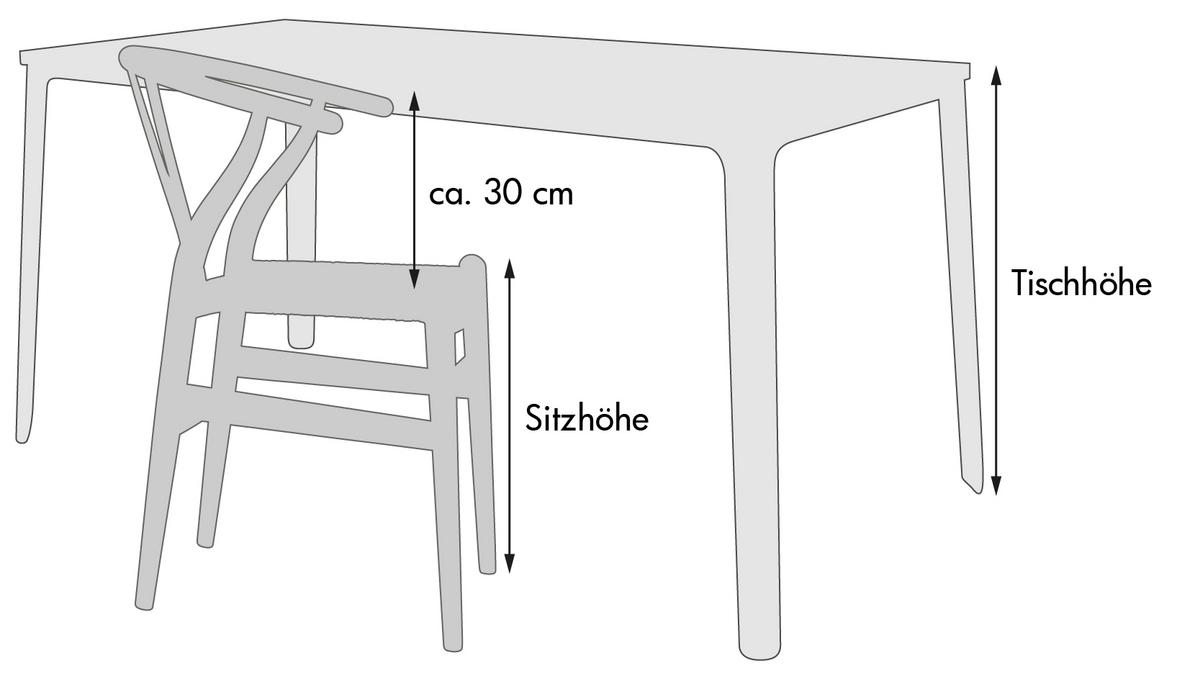
Optimal ratio between chair and table height
The right material for the dining table
When choosing a dining table, the question of the right material also depends on the respective taste. Are you looking for an elegant dining table with a marble top or do you prefer a rustic variant made of solid wood? How does each material fit in with the rest of your interior? Stone and glass surfaces look particularly elegant and cool. However, scratches cannot be sanded off as with wooden tables. Marble and limestone surfaces should be additionally protected from stains by a special surface treatment. Solid wood dining tables that create a cosy atmosphere are popular and robust, whereby the visual effect depends on the surface treatment of the table top: waxes and oils protect the wood and make the surface more resistant, but they also make the wood appear darker. Coated table tops are a particularly practical and attractive option: for example, surfaces made of veneer, linoleum or laminate. Such surfaces are in addition particularly easy to care for and do not require any further treatment.

